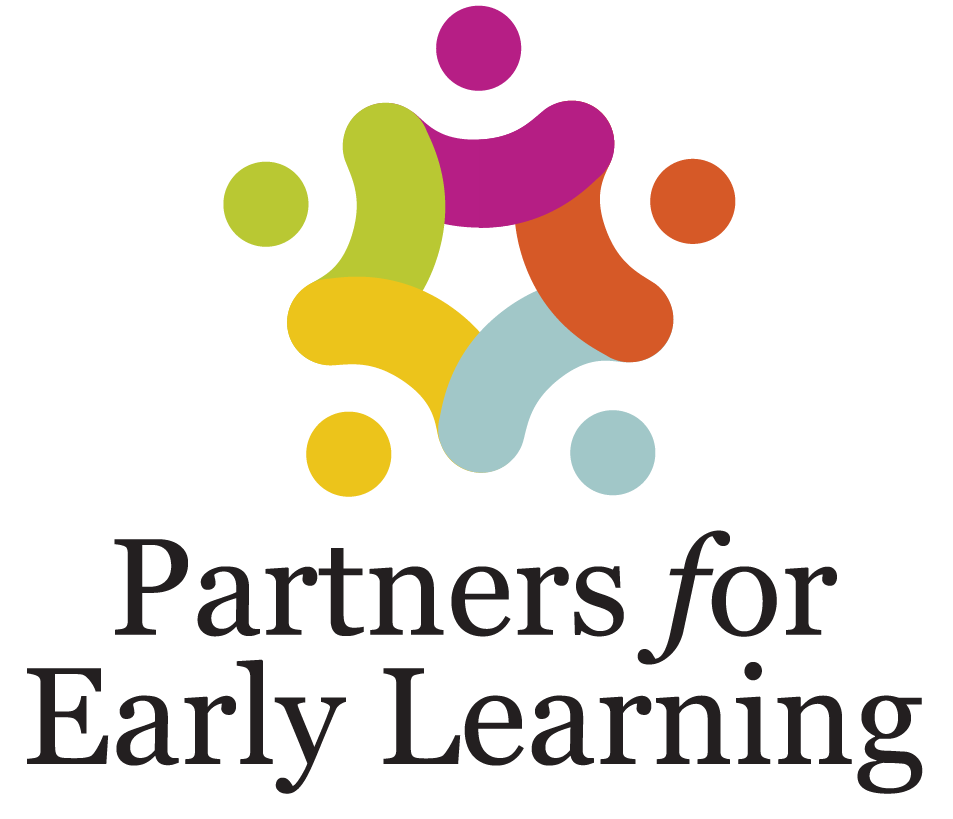Enjoys Social Play with Caregivers (4-7 Months)
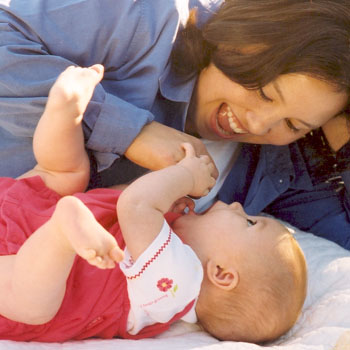
Infants are interested in human faces shortly after birth, and they take huge steps in their abilities to interact with people over their first few months. Between 4 and 7 months, features of babies’ personalities develop and are noticeable even to those meeting a child for the first time. At this age, infants will smile, […]
Begins to Develop Social Smile (1-3 Months)
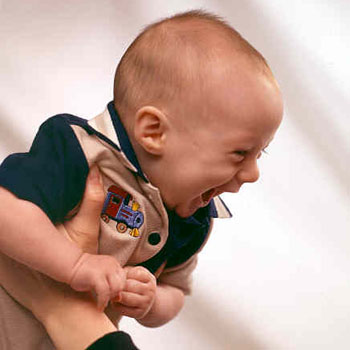
Babies are capable of smiling at birth. At first, these expressions are not truly “smiles” in response to social interactions or events. During the first 2 months, babies are learning the meaning of these smiles, and by 3 months, most will engage in a type of “smile talk” by starting little “conversations” with a smile […]
Bubble Talk: Why Caring Responses Make a Difference (1-12 Month)
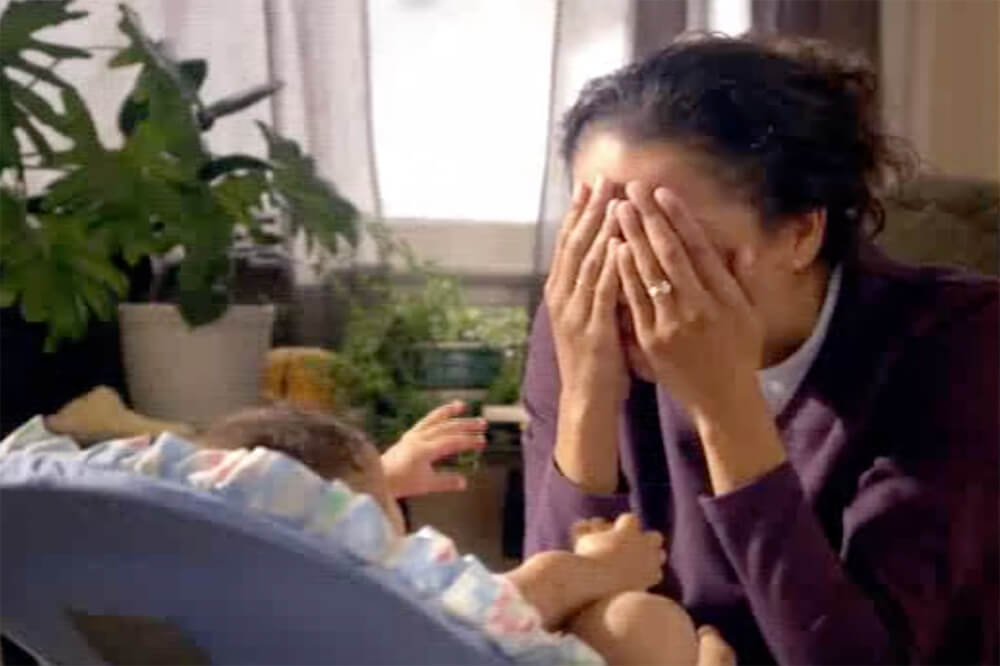
Babies communicate with their parents and caregivers in many ways. Responding to your baby’s cues positively will help you create a bond that will last a lifetime. This bond impacts everything from emotional development to brain growth. Attachments: Give Your Child Wings Tantrums Happen References: Gianino, A., & Tronick, E. Z. (1988). The mutual regulation […]
Recognizing Baby Cues (0-9 Months)
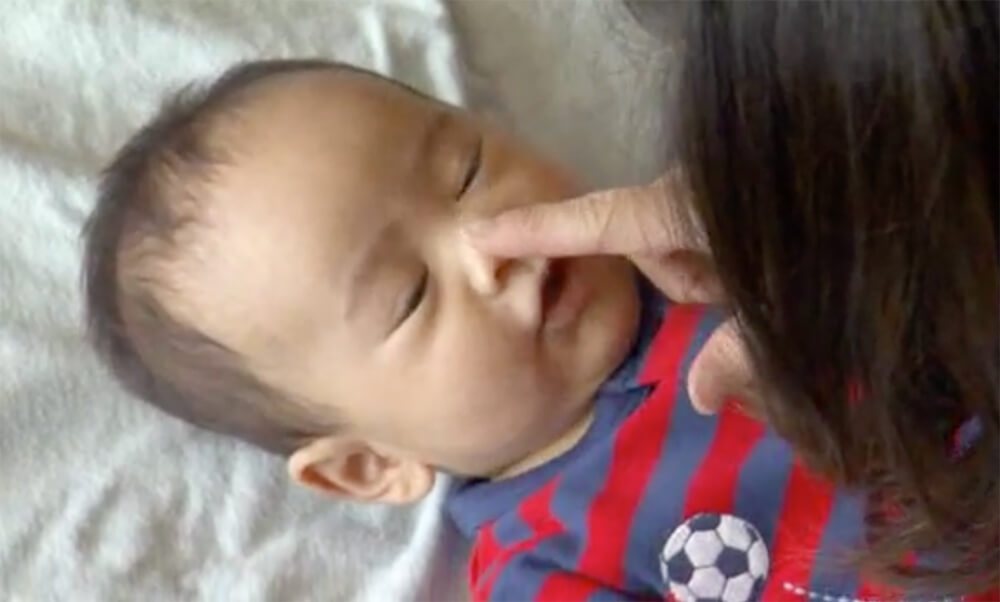
In your first 6 months together, getting to know your baby means learning to read their cues. Some cues can be understood more easily, while other signals from your baby might take a while to figure out. Watching for the subtle signs and responding sensitively helps to give your infant a feeling of being safe and […]
Reading to Babies (0-6 Months)
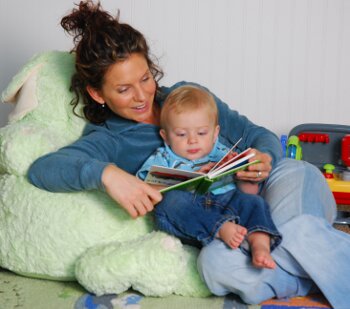
It’s never too early to begin reading to your child. Reading together not only helps your child learn the sounds of letters and words but also helps to create a connection between you and your child. When you read, be expressive and ask questions about the pictures or the story. Be sensitive to your child’s attention […]
Born to Feel (0-6 Months)
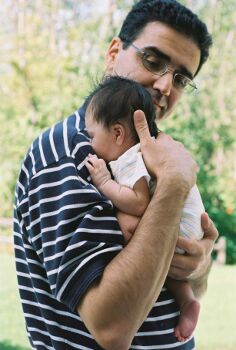
Learn what a sad face means It’s a beautiful summer day. Dad and his 10-week-old son Ryan are relaxing on a blanket outside. Dad leans over Ryan and smiles and coos happily as his baby looks up at him. Baby smiles, and Dad is thrilled. Suddenly, the family dog bounds into this perfect world, disturbing […]
Capable of Imitating Emotional Facial Expressions of Others (0-5 Months)
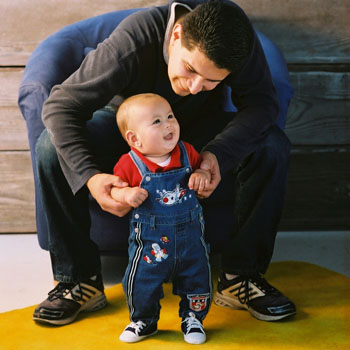
Soon after birth, babies are already capable of imitating the emotional expressions they see on the faces of others. In one study, infants only 36 hours old showed evidence of imitating an adult’s expression. In another experiment, mothers showed their 10-week-old infants expressions of happiness, sadness, and anger. In many cases, the babies responded to […]
Shows Frustration and Anger (0-4 Months)

Very young babies demonstrate frustration when they are struggling to complete a developmentally difficult task or when they are prevented from completing an action. Anger, identified by facial expressions and cries that differ from those of frustration, may emerge at around 4 months when an infant is having difficulty completing a task or getting the […]
Expresses Disgust (0-3 Months)
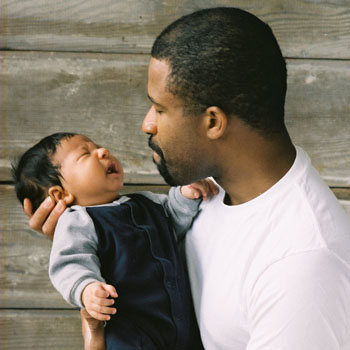
Babies will generally show disgust in response to unpleasant tastes. Disgust expressions, which begin in the first few months, can include an open mouth, raised upper lip, and a wrinkled nose. References: Lewis, M. (2000). The emergence of human emotions. In Lewis, M., & Haviland-Jones, J. M. (Eds.), Handbook of emotions (2nd ed.). New York: […]
Capable of Showing Interest (0-3 Months)

At birth, infants begin to show basic emotional behaviors, including interest. Interest expressions include wide eyes, focused attention to something, and eyebrow movements or furrowing. Most babies show interest expressions more often than any other expression over the first 9 months. References: Izard, C. E., Fantauzzo, C. A., Castle, J. M., Haynes, O. M., Rayias, […]
